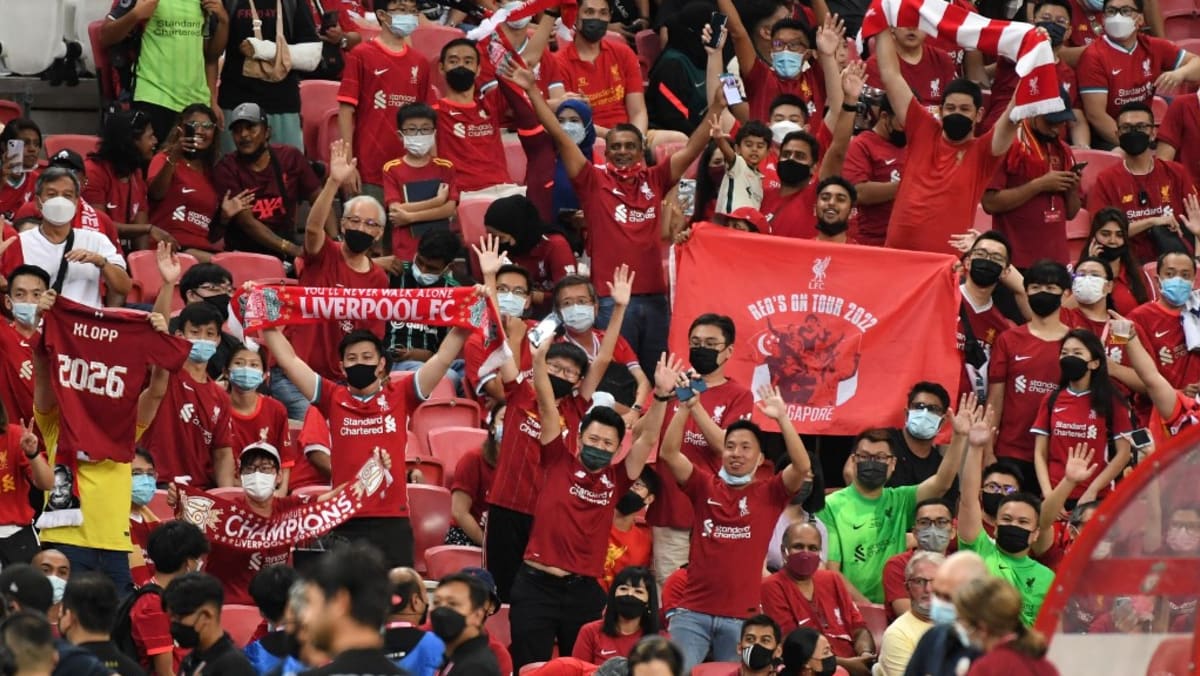Commentary: Liverpool going on sale highlights football’s financial fickleness
EARNINGS LINKED TO ON-FIELD PERFORMANCE
That’s because earnings are so tightly linked to on-field performance, a point Liverpool demonstrates all too well. Its most profitable years under FSG were 2018 and 2019, when it reached the Champions League final in successive years – winning the second time around.
In the years since, albeit impaired by the COVID-19 pandemic, it has struggled to turn a profit and failed to invest as heavily in its squad. Partly as a consequence of that underinvestment, the team is struggling to perform this year, and appears well out of the title race and risks not qualifying for next year’s Champions League.
The short-lived European Super League would have eliminated that sort of boom and bust cycle by adopting a more American model. The same teams would have participated every year in the top pan-European competition, ensuring stable and predictable revenue.
There were also plans to introduce a salary cap to restrain ever-spiraling wage costs. It’s a change that appealed to the US owners of Liverpool, Manchester United and Arsenal. Now that idea is off the table, the prospect of stabilising earnings must have looked pretty bleak.
But then Todd Boehly and Clearlake ponied up £4.3 billion earlier this year to buy Chelsea FC. Suddenly the timing for a Liverpool sale looks propitious. Even as future earnings look more complicated than they did when the super league was still a realistic possibility, valuations have climbed into the stratosphere – Chelsea attracted six other bidders.
Between the push effect of the demise of the super league, and the pull effect of Chelsea’s swollen valuation, FSG chairman John Henry must surely reckon considering a sale makes sense.
For all the latest Sports News Click Here

